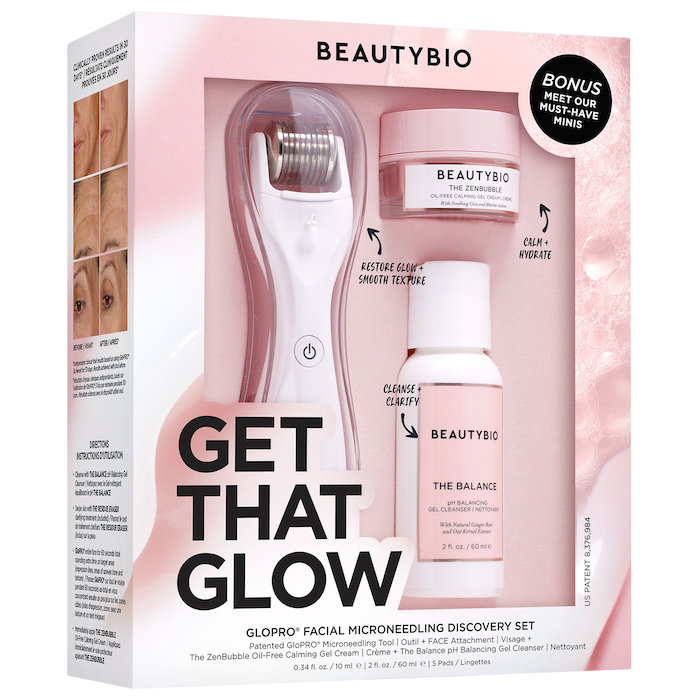Exosomes Are the Trending Ingredient That Can Take 5 Years Off Your Skin
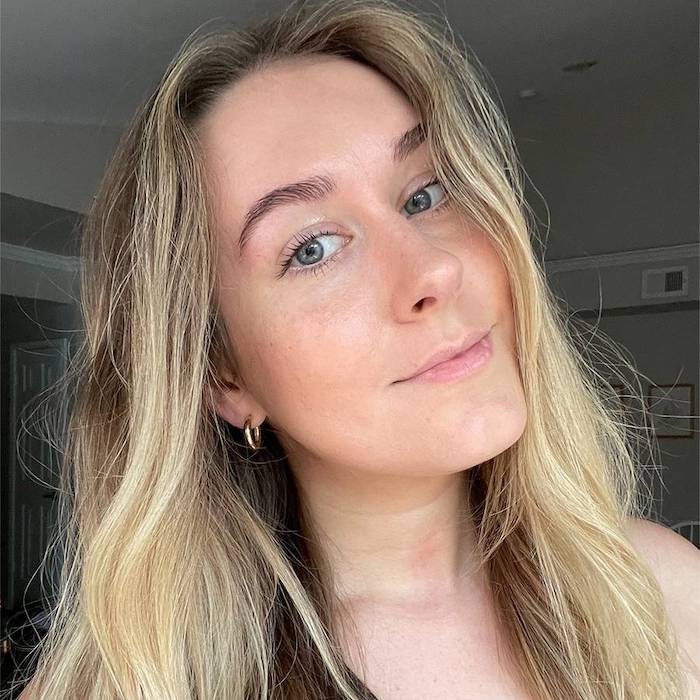

In the world of skincare, it seems there's a buzzy new ingredient trending every day. Some of them are exceptional in that they can majorly improve the skin both instantaneously and over time—namely, ingredients like mandelic acid, alpha arbutin, ectoin, and antioxidant-rich cloudberry. Well, today is a new day, which means there's yet another skin-transforming skincare ingredient to discuss. This time, it's exosomes.
While it sounds like something straight out of a biology class (and, well, it is), this burgeoning skincare ingredient is making a boom in the industry. Over the last few months, there has been a rise in newly launched exosome skincare products from several top brands, and the collective interest is only growing stronger. Why? It's simple. Exosomes are effective at treating and preventing signs of aging. Actually, that might be an understatement. It's more accurate to say they have the power to take years off your skin. Keep scrolling to learn everything there is to know about this ingredient, straight from a dermatologist and an anti-aging specialist.
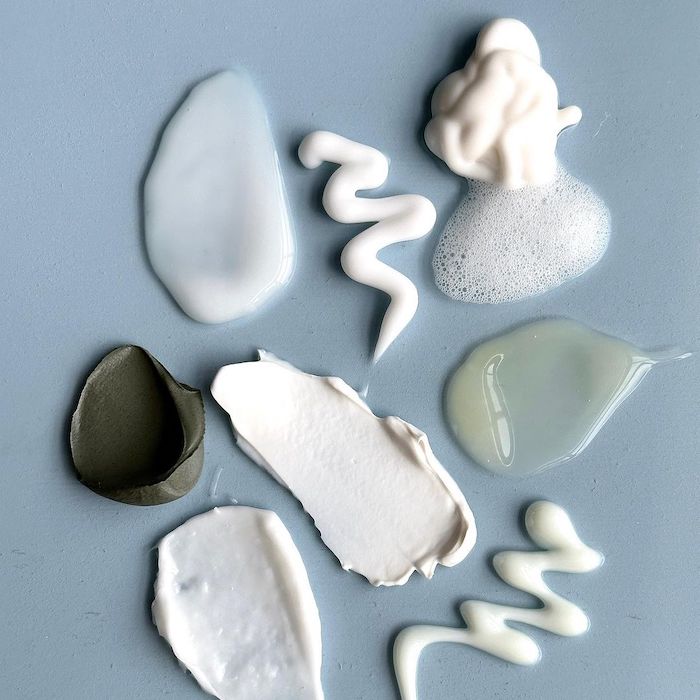
What Are Exosomes?
According to Geeta Yadav, MD, board-certified dermatologist of Facet Dermatology, exosomes contend with another buzzy skincare ingredient, platelet-rich plasma (PRP), for overall efficacy and potency. (If platelet-rich plasma sounds familiar, it's probably because it's the basis of the so-called "vampire facial" that went viral a few years ago.) "Exosomes are vesicles secreted by cells that contain growth factors, RNA, mRNA, and other goodies," she says. "You can think of them almost like email—when cells 'send' exosomes, the material inside the exosomes delivers important messages to cells throughout the body, giving them information and telling them to do things."
Interestingly enough, the scientific community didn't fully understand exosomes (and their worth) until recently. "Scientists believed exosomes were waste materials, but we now know that their contents are extremely valuable," Yadav says. "The growth factors within exosomes are far more potent than those of platelet-rich plasma."
Charlene DeHaven, MD, is an anti-aging specialist and IS Clinical's clinical director. She says exosomes originate in stem cells and are released by them (yep, another buzzy skincare topic!). The difference between stem cells and the exosomes they release is the potential for delivery. "Stem cells are impossible to get into the skin without an incision or injection, whereas exosomes contain smaller molecules that are potentially deliverable," she says.
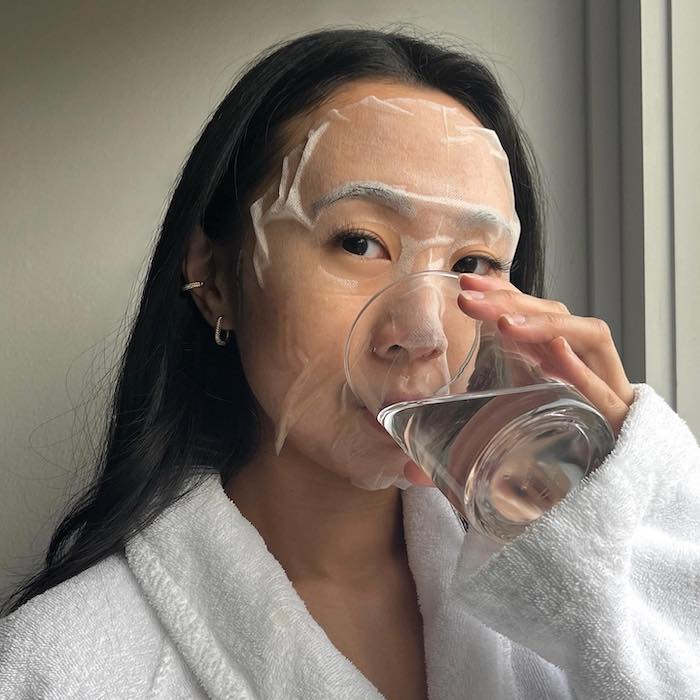
How Do Exosomes Benefit the Skin?
While exosomes are an exciting topic, they're potential in skincare isn't fully understood (at least not yet). "The discussion about exosomes began with stem cell research, is still early, and is being further explored," DeHaven says. "The therapeutic potential of exosomes relates primarily to their anti-inflammatory qualities, which is one of the key mechanisms—perhaps the key mechanism (with the emphasis on 'perhaps')—through which stem cell therapy works."
In other words, the main area of study relates to exosomes' anti-inflammatory properties. "Remember that inflammatory processes drive aging processes," DeHaven says. "Aging is a pro-inflammatory process, as are wrinkles, sunburn, various skin conditions such as acne and rosacea, many in-office treatments, and many other situations in aesthetics. There should be enough inflammation for healing to occur but not an excess that would accelerate aging, cause too much scarring, or cause other complications."
Yadav seconds this, saying more research needs to be done, but the anti-aging potential could be massive. "We know that they can promote wound healing (including collagen production) and blood flow as well as reduce inflammation," she says. "They're especially beneficial for use post-procedure to help expedite and improve skin recovery. Because they are not cells but material from cells, they're compatible with all individuals (PRP is cellular material, which is why you cannot use PRP derived from other individuals, as your body could reject it). Exosomes are compatible with all skin types."
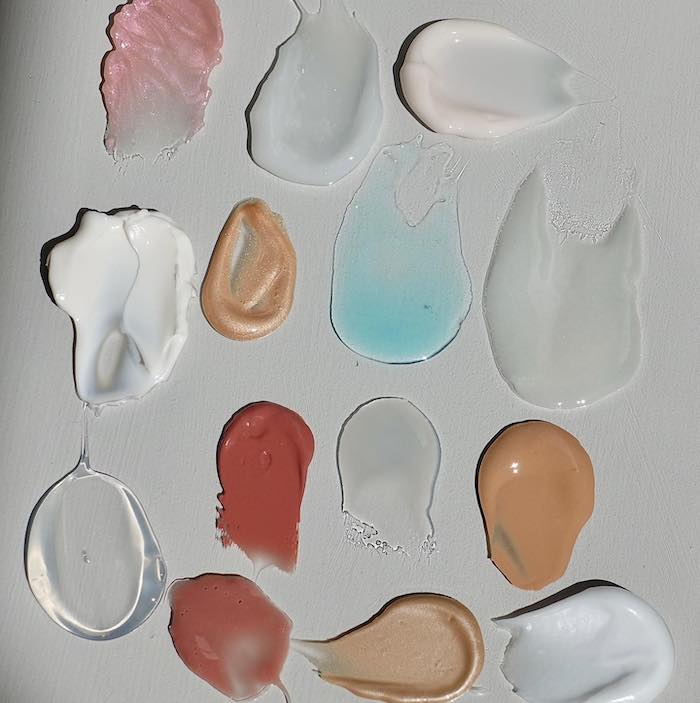
Are There Any Downsides or Drawbacks to Using Exosomes in Skincare?
Since exosome research is still in its infancy, experts aren't certain about how they can or should be used to treat certain skin concerns and/or conditions. What's more, there's some concern over how exosomes are acquired for use in skincare. "There is very limited research on exosomes, and using exosomes to treat anything has not been approved by the FDA," Yadav says. "Though they are largely seen as beneficial, there are some concerns in the medical community about exosomes. One is the source of the exosomes. They're often human-derived, either from mesenchymal stem cells or placenta cells. Though these materials are typically lab purified, there are some individuals who are concerned about the purity of the exosomes—for example, how healthy was the donor providing the exosomes?"
That's not the only issue or concern when it comes to exosomes. "The other and larger concern is about the exosome messenger system. If exosomes are telling the cells in your skin or body to act, what if they interact with a cancerous cell and tell it to proliferate? That's why more research is needed," Yadav says. She doesn't use exosomes in her practice yet because the products aren't regulated well enough in her professional opinion. "In Europe, exosomes can only be plant-derived for safety concerns, but in North America, this is not the case. There isn't a lot of research yet on topical exosomes and skin cancer specifically—the risk is theoretical. But speaking to exosomes as a whole, there are studies that show exosomes can both exacerbate cancer as well as be a valuable tool as we advance cancer therapeutic methods." To put it simply, we don't know what long-term threats exosomes could pose, although they demonstrate incredible benefits as far as wound healing and anti-aging effects.
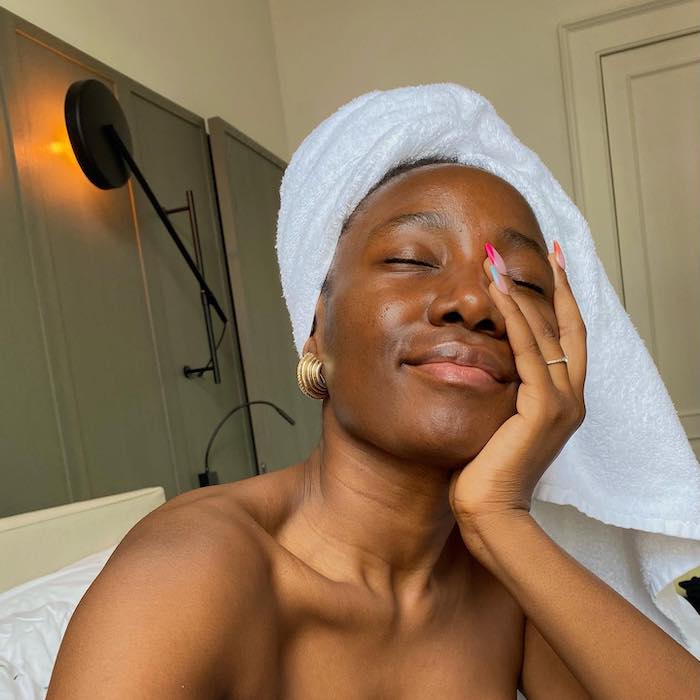
How Often Can They Be Used?
Given the general scarcity of research on exosomes, we recommend talking to your doctor or dermatologist before adding new products to your routine.
Yadav says exosomes are safe for daily use. However—and that's a big however—you can't trust that any old exosome-spiked skincare product will be effective. "Exosomes are very delicate and, in a clinical setting, kept in a freezer until a provider is ready to use them. When seeking out exosome skincare, you'll want to do your research in regard to how the active ingredient is stabilized—using inactive exosomes won't do anything for your skin."
DeHaven agrees, saying, "The use of a skincare product containing exosomes is no assurance of product quality or that the product will deliver the promised results. As with any product, the user should be aware of advertising that seems too good to be true or is not backed by trustworthy documentation. In general, anti-inflammatory skincare products are useful at all ages."
So, unfortunately, at the end of the day, the onus is on the consumer to ensure that the exosomes in a product formula are stable and effective before slathering it on their skin. Some googling might be in order, but a good place to start is shopping from a trusted, science-backed skincare brand.
Oh, and one more thing. Yadav says delivery can still be tricky. "It's also worth noting that when exosomes are used in a clinical setting, they are applied to skin that has been intentionally damaged through laser, microneedling, or other means," she says. "Though exosomes are small, they still do not penetrate the skin easily; you'll get more benefits from exosomes if you apply them to skin that has been 'micro-injured' through derma-rolling."
Some Exosome-Spiked Skincare Products to Consider
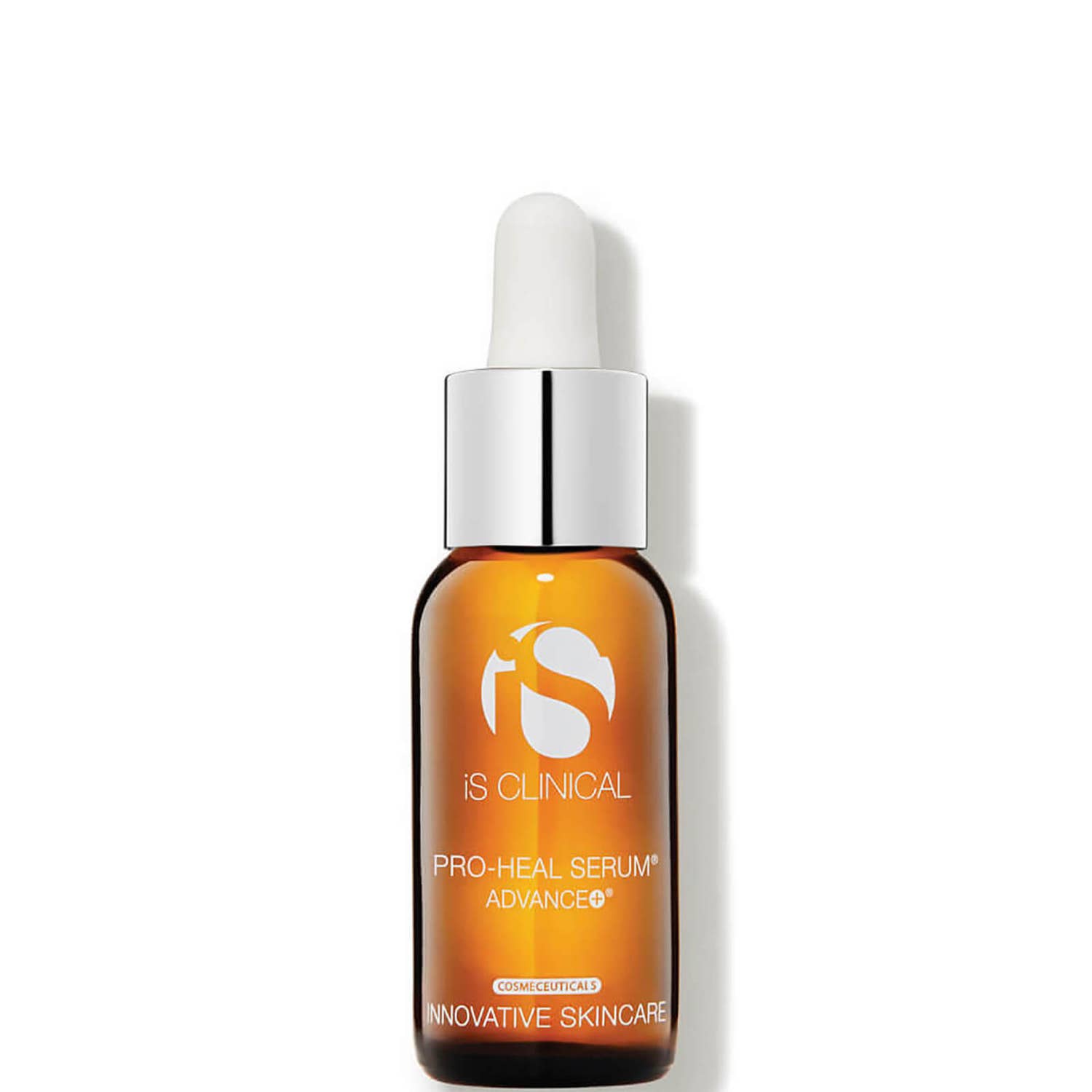
IS Clinical is a brand that we trust for topical options for exosomes. DeHaven likes this serum, in particular, because "it's great for soothing sensitive or delicate skin or irritated skin for any reason." It's so gentle, effective, and antioxidant-rich that it can be used to treat everything from acne to rosacea, contact dermatitis, and even insect bites.
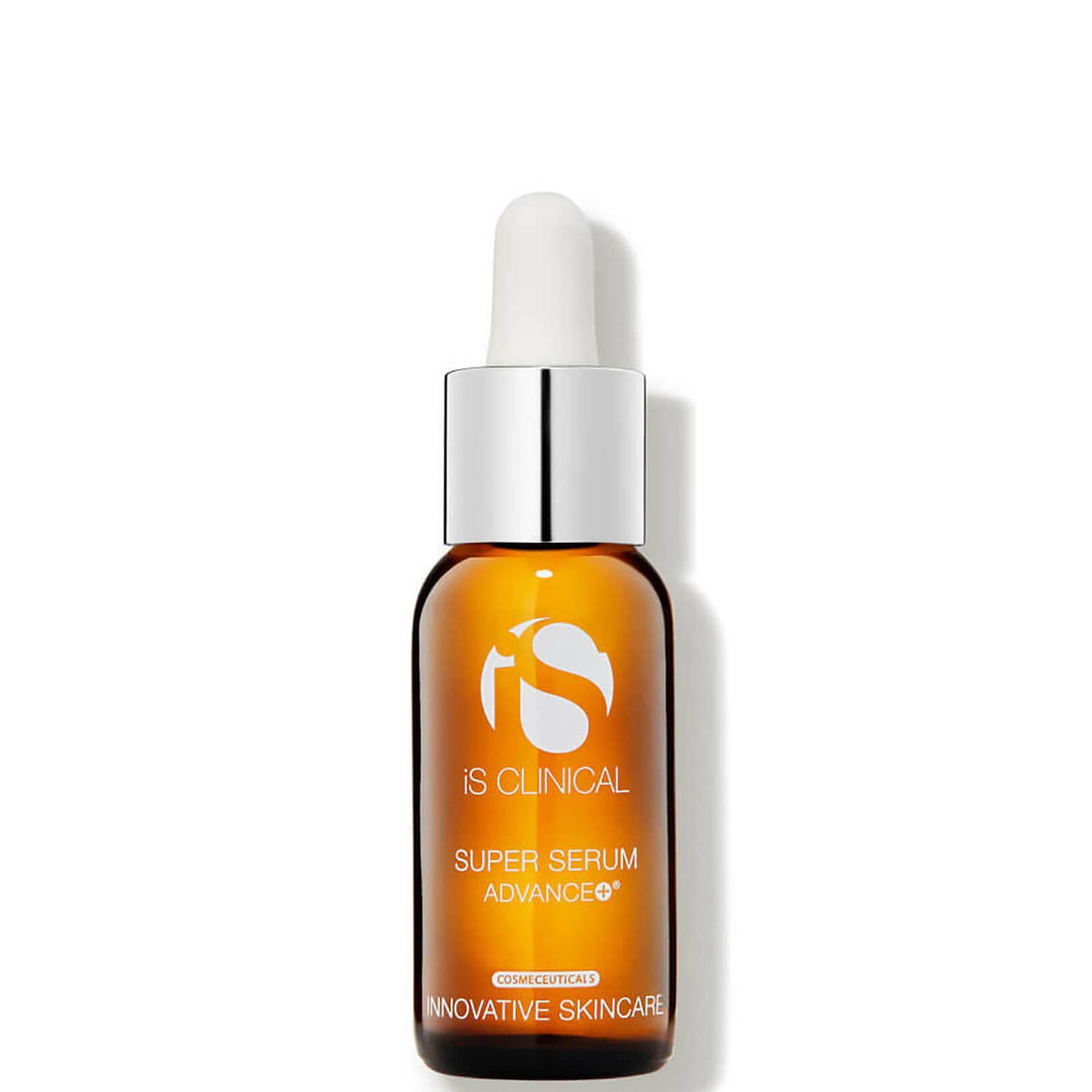
Another IS Clinical option, this one uses time-released vitamin C, copper tripeptide growth factor, hyaluronic acid, amino acids, and Centella asiatica (among many other effective ingredients) to encourage wound healing and collagen production. It's so effective it works on stretch marks, scar tissue, and acne.
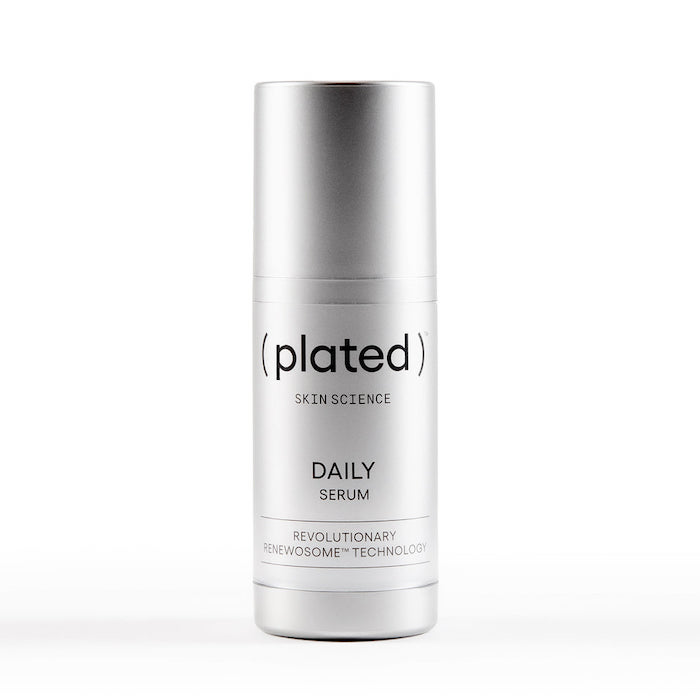
"Plated Skin Science products are manufactured by Rion, a maker of clinical-grade exosomes," Yadav says. "They use a proprietary process to stabilize active exosomes and infuse them into their formulas."
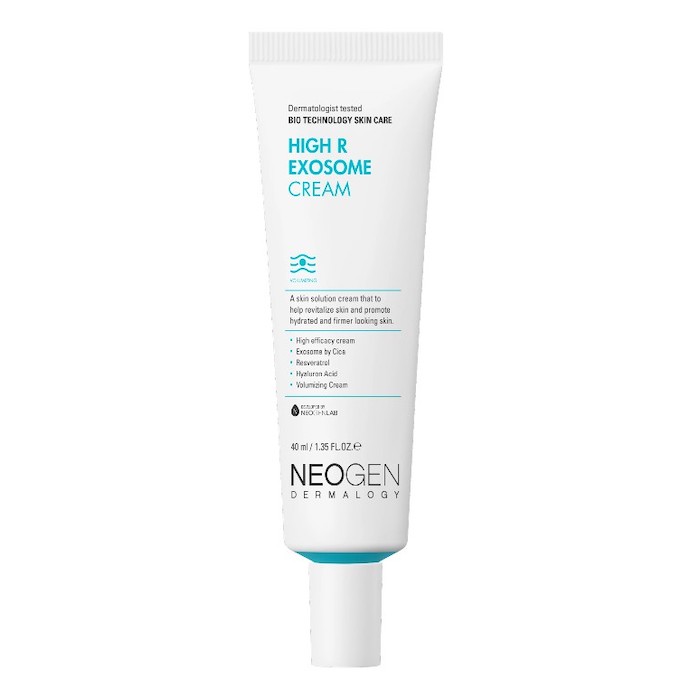
This cream uses exosomes extracted from Centella asiatica extract (commonly known as tiger grass) to help soothe irritation and improve texture.
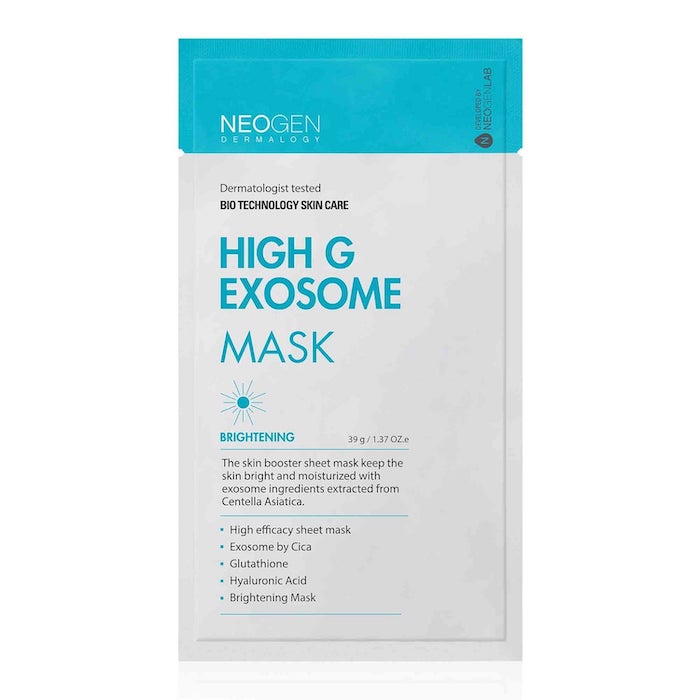
This mask uses the same Centella asiatica–derived exosomes, along with hyaluronic acid and glutathione, to soothe, hydrate, and brighten the skin.
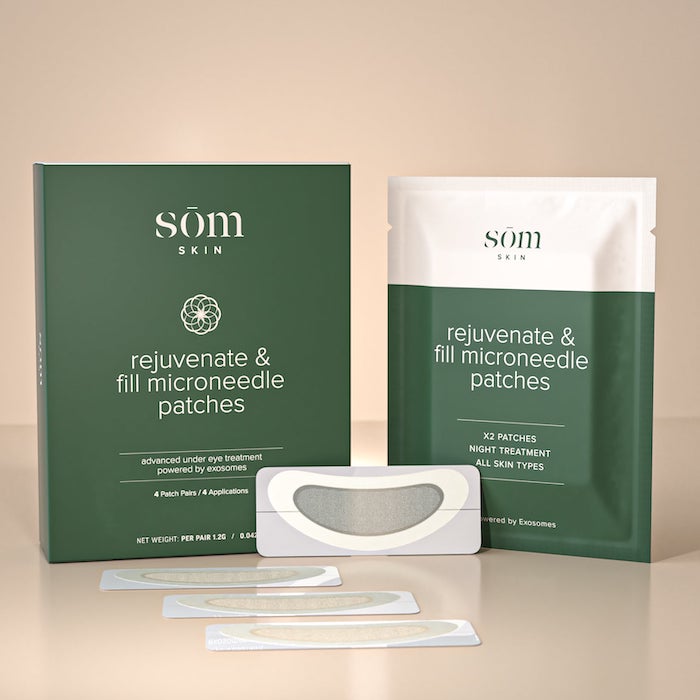
Infused with exosomes, these patches are lined with microscopic needles, thus combining exosomes with micro-needling technology for optimum penetration.

This high-tech serum was developed by celebrity aesthetician Angela Caglia. It's an anti-aging alternative to traditional retinol and vitamin C serums. Formulated without actual human stem cells or DNA. Instead, it uses ethically sourced, healthy, adipose-derived stem cells. Altogether, a proprietary blend of Mesenchymal Stem Cell (MSC) Conditioned Media, cytokines, peptides, exosomes, growth factors, and hydrators work together to reduce the signs of aging.
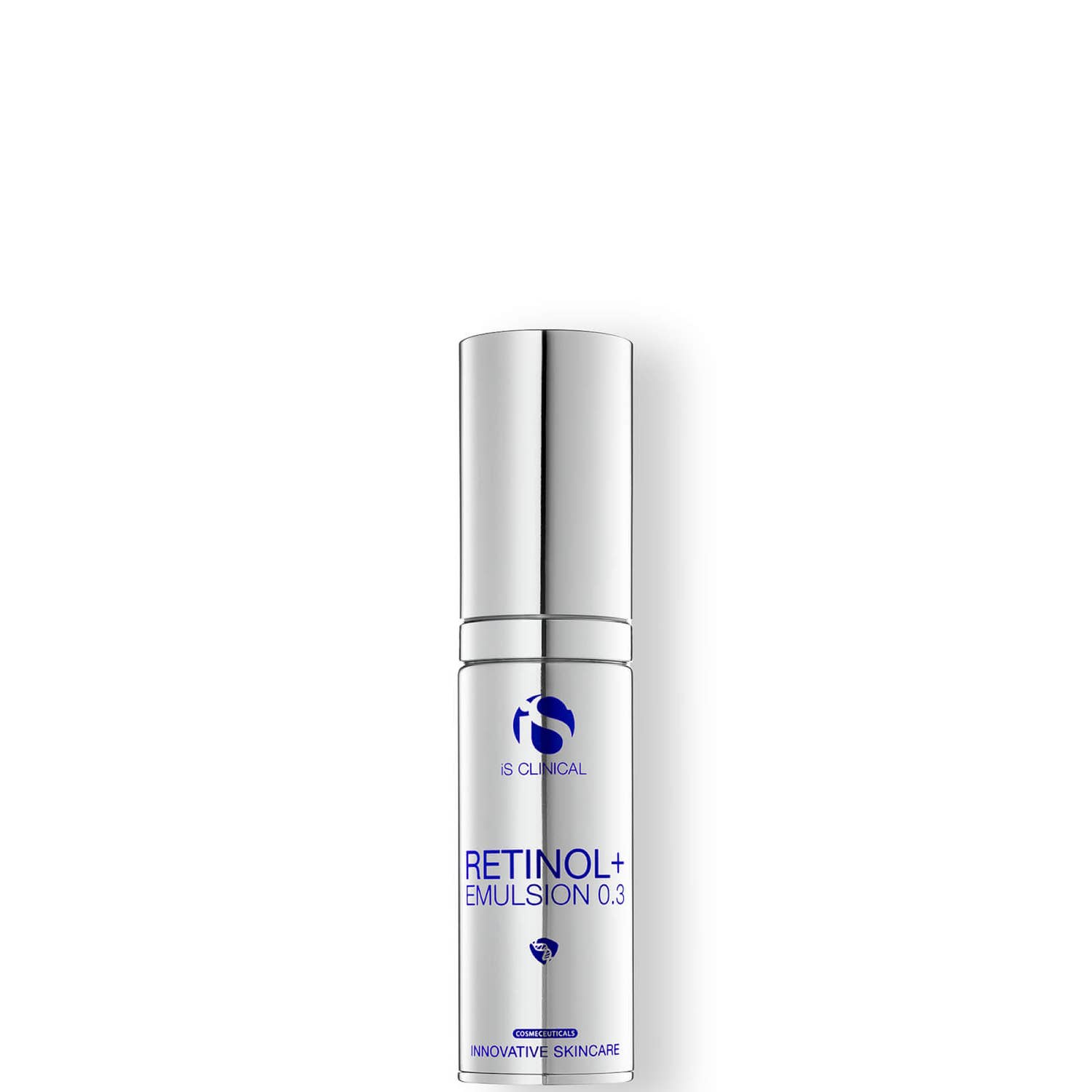
DeHaven says it's "very unusual for retinol-containing products to contain these qualities," which is what makes this retinol product special. Use it to diminish signs of aging, including lines, wrinkles, sagging skin, and more.
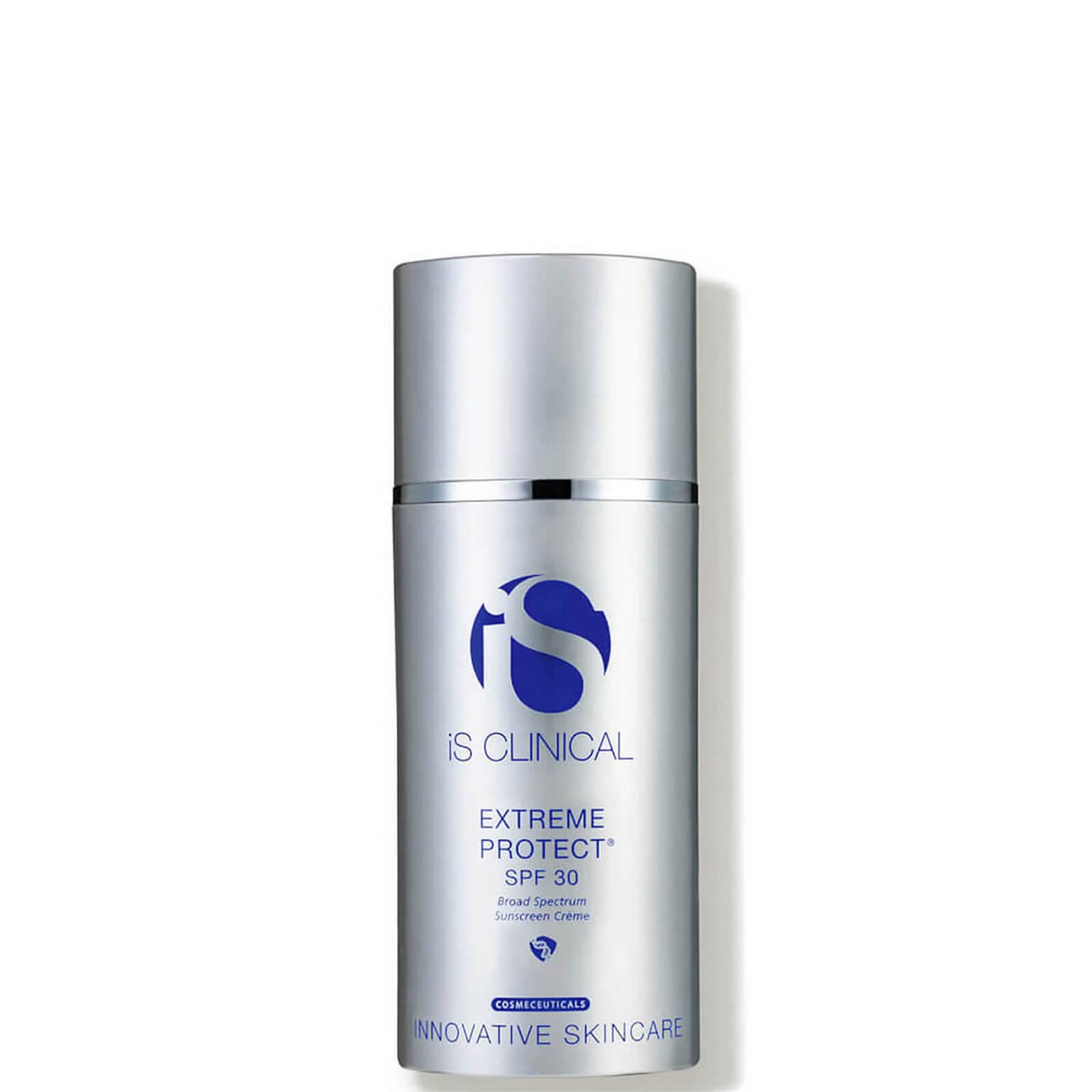
DeHaven says all IS Clinical sunscreens are topical options for exosomes. This one provides SPF 30, while promoting elasticity, reducing redness, and minimizing fine lines and wrinkles.

Kaitlyn McLintock is a Beauty Editor at Who What Wear. She has 10 years of experience in the editorial industry, having previously written for other industry-leading publications, like Byrdie, InStyle, The Zoe Report, Bustle, and others. She covers all things beauty and wellness-related, but she has a special passion for creating skincare content (whether that's writing about an innovative in-office treatment, researching the benefits of a certain ingredient, or testing the latest and greatest at-home skin device). Having lived in Los Angeles, California, and Austin, Texas, she has since relocated back to her home state, Michigan. When she's not writing, researching, or testing beauty products, she's working through an ever-growing book collection or swimming in the Great Lakes.
-
 Salma Hayek Pinault's Key to Youthful Skin? Moisturizer Sandwiches and This "Turkey Neck" Treatment
Salma Hayek Pinault's Key to Youthful Skin? Moisturizer Sandwiches and This "Turkey Neck" TreatmentNo retinol, no peels, and absolutely no injectables.
By Jamie Schneider
-
 My Sister and I Have Opposite Skin Types, But These Products *Magically* Work for Both of Us
My Sister and I Have Opposite Skin Types, But These Products *Magically* Work for Both of UsThese are our "unicorn" products.
By Kaitlyn McLintock
-
 Hailey Bieber Says She "Couldn't Live Without" This $12 French Pharmacy Cream
Hailey Bieber Says She "Couldn't Live Without" This $12 French Pharmacy CreamThat's it—I'm buying three.
By Kaitlyn McLintock
-
 I Polled Our Editor Slack Channel—10 French Beauty Products We’d Buy From Ulta’s Spring Sale
I Polled Our Editor Slack Channel—10 French Beauty Products We’d Buy From Ulta’s Spring SaleBy Alyssa Brascia
-
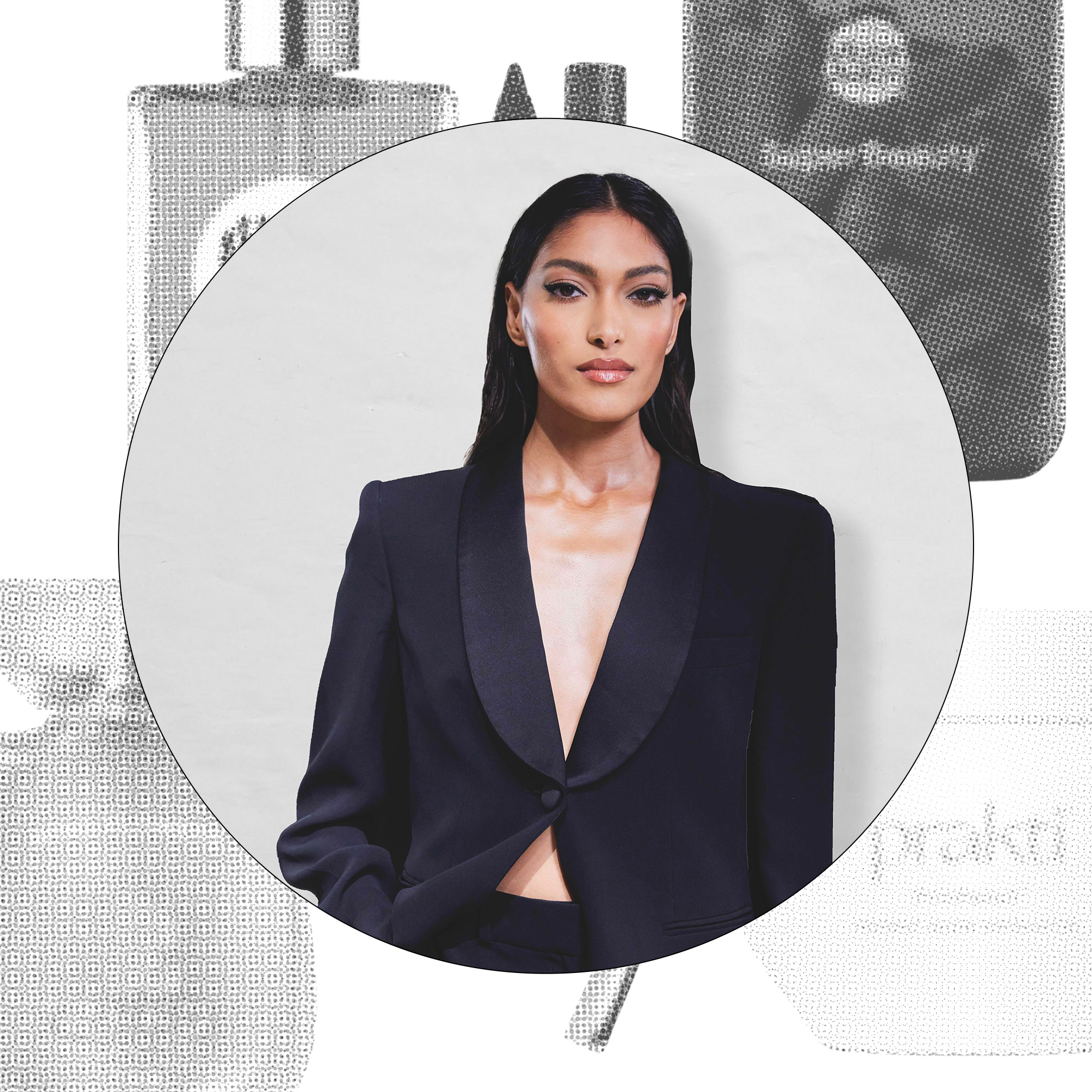 Model Pritika Swarup Has an Angel's Complexion, so I Asked for All Her Skin and Makeup Secrets
Model Pritika Swarup Has an Angel's Complexion, so I Asked for All Her Skin and Makeup SecretsHer must-haves for "runway-level radiance."
By Jamie Schneider
-
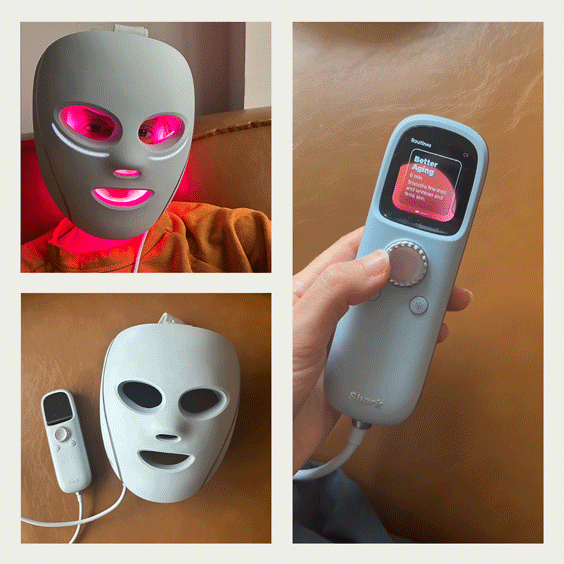 I've Tested $2850 Worth of LED Masks—Shark's New Model Is the One I'm Recommending to Friends
I've Tested $2850 Worth of LED Masks—Shark's New Model Is the One I'm Recommending to FriendsMy full review after wearing it for 67 days.
By Jamie Schneider
-
 5 Underrated Pillars of Youthful and Glowing Skin, According to Zendaya's Facialist
5 Underrated Pillars of Youthful and Glowing Skin, According to Zendaya's FacialistI'm taking so many notes.
By Shawna Hudson
-
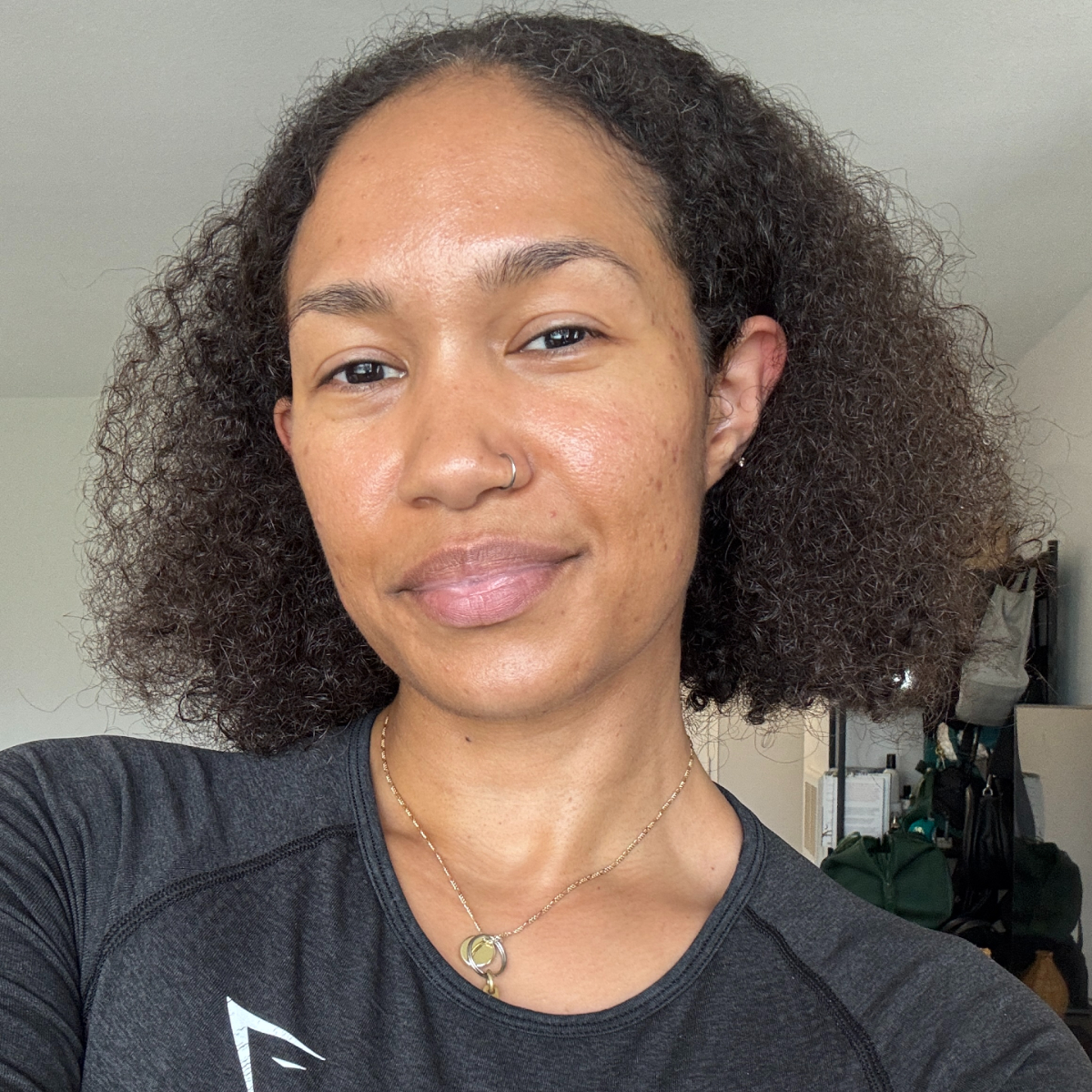 Aestheticians on Instagram Can't Stop Raving About This Acne-Clearing Serum, so I Tried It
Aestheticians on Instagram Can't Stop Raving About This Acne-Clearing Serum, so I Tried ItIt's perfect for sensitive skin.
By Shawna Hudson
